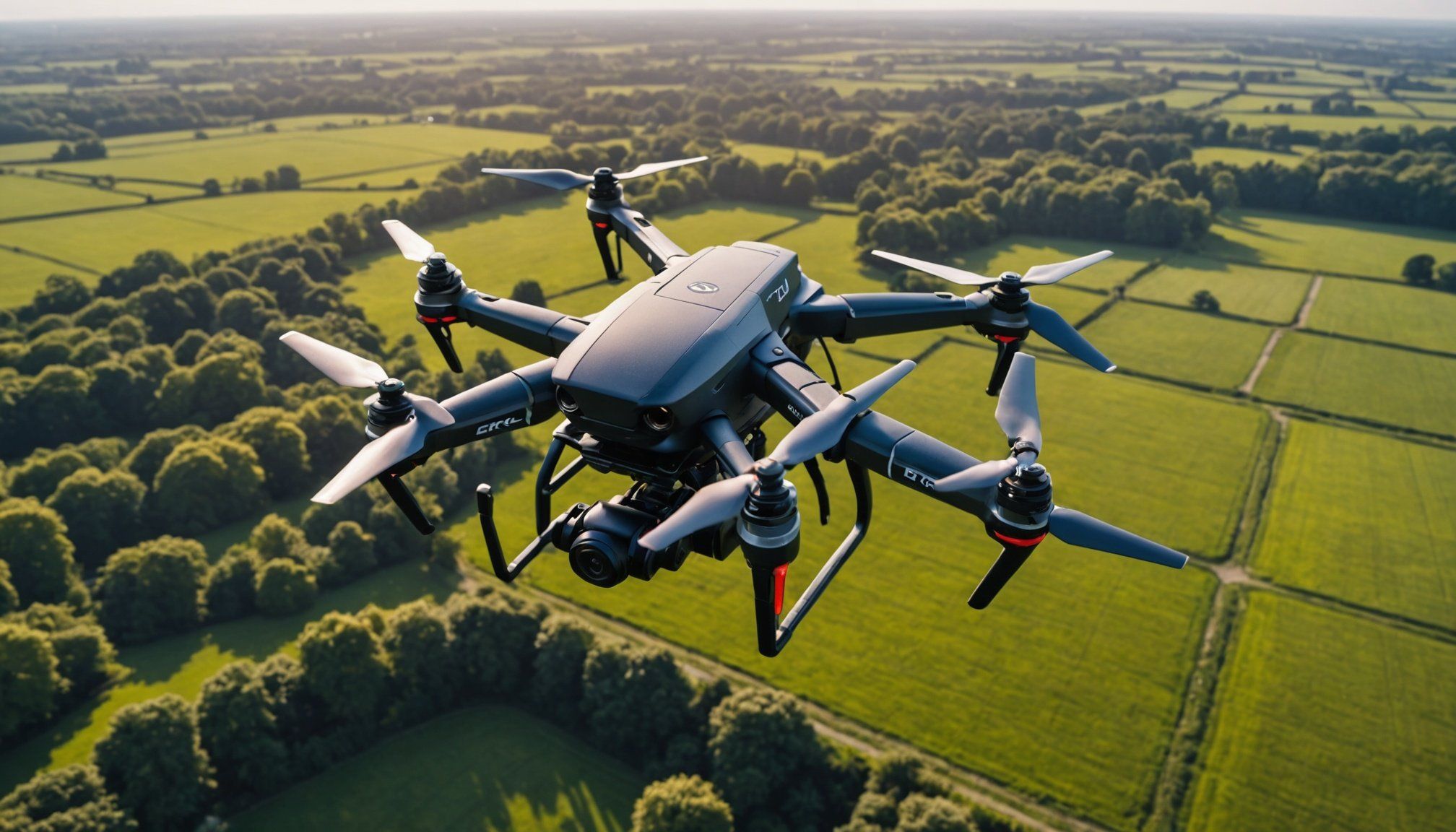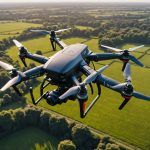Starting a Drone Photography Business in the UK
Starting a drone photography business in the UK is an exciting venture, but it requires careful attention to various components, including UK regulations. The market for drone photography is expanding rapidly, offering diverse opportunities for innovative entrepreneurs. To navigate this market successfully, understanding the business setup is crucial.
The landscape is regulated by strict legal requirements to ensure safety and compliance. Engaging in drone operations means acquainting oneself with the Civil Aviation Authority (CAA) regulations. Licensing is crucial, as drone operators must undergo appropriate training and obtain certifications such as the A2 Certificate of Competency (A2 CofC) or Specific Category Operation Approval.
Additional reading : Launching Your UK Wildlife Conservation Charity: The Ultimate Guide to Compliance and Effective Fundraising Techniques
In addition to regulatory compliance, gathering the right equipment ensures high-quality photography. Cameras with advanced features, GPS systems, and protective gear are vital for operational efficiency. Invest time in researching drones that offer robust features tailored to photography needs.
As a drone entrepreneur, staying updated with market insights and adapting to changing trends is essential. Creating a balance between your passion for photography and adherence to legal standards can catapult your drone business toward success in the UK’s burgeoning drone market.
Have you seen this : Mastering Mental Health Compliance: The Ultimate Blueprint for Launching Your UK Online Art Therapy Platform
Step-by-Step Guide to Launching Your Business
Embarking on a drone photography business requires detailed planning and strategic thinking. A well-structured business plan is the first step in your journey. This plan should outline your business goals, target market, and financial projections. It’s essential to include a clear analysis of your strengths and weaknesses, the competition, and the opportunities within the UK market. This robust blueprint will guide your decisions and attract potential investors.
Crafting a Business Plan
Developing a comprehensive business plan involves several key elements. These include crafting a compelling mission statement and identifying unique selling propositions. Clearly define your services, considering whether you will specialise in real estate, events, or landscape photography. Also, ensure to outline your operational plan detailing how you will execute daily activities efficiently.
Developing a Marketing Strategy
Once your business plan is in place, focus on your marketing strategies. Utilise both online platforms, like social networks and photography websites, and offline methods, such as attending trade shows or local events. Building a portfolio showcasing your best work is crucial to attracting clients and establishing credibility in the industry.
By effectively combining these efforts, your drone photography business can thrive in the competitive UK landscape.
Building Your Photography Skills
Developing photography skills is essential for thriving in the competitive realm of drone photography. As visuals often define a brand’s appeal, the quality of your images can make or break your business.
Explore Photography Techniques
Focus on mastering techniques such as composition, exposure, and post-processing. Each of these elements contributes significantly to the overall quality and impact of your photographs. Experimenting with different angles and lighting conditions helps in capturing the desired aesthetic.
Enhance Skill Development Through Practical Experience
Consistently practicing and reviewing your work aids in refining your skills. Engage in personal projects or collaborate with other photographers to challenge yourself and receive feedback. This immersive learning approach accelerates skill enhancement and boosts confidence.
Invest in Learning Resources
Utilize online courses, workshops, and tutorials designed specifically for drone photography. These resources often include both technical and creative insights, providing a well-rounded education. Industry forums and social media groups are valuable for exchanging tips and staying updated on emerging trends.
Boosting your proficiency not only helps in securing client satisfaction but also cements your reputation as a skilled drone photographer, setting your business on a path to success.
Ethical AI Standards for UK Firms
The integration of ethical AI within business practices is becoming increasingly vital. As AI technology advances, ensuring compliance with industry standards prevents harmful biases and promotes fair and responsible use. UK firms are urged to prioritize ethical guidelines, emphasizing transparency, accountability, and the protection of user privacy.
Importance of Ethical AI in Business Practices
Ethical AI fosters trust among stakeholders by demonstrating a commitment to ethical standards. It mitigates risks associated with data misuse and algorithmic bias, protecting both businesses and consumers. Ethical AI can enhance brand reputation, encouraging customer loyalty and securing competitive advantage.
Overview of Existing Ethical AI Regulations in the UK
The UK has developed a structured framework to regulate AI use. These regulations aim to balance innovation with ethical responsibilities, addressing issues such as data protection and algorithmic transparency. Firms must acquaint themselves with the compliance guidelines outlined by the Information Commissioner’s Office (ICO) and the Centre for Data Ethics and Innovation (CDEI).
Key Principles and Best Practices for Ethical AI
To align with ethical standards, businesses should adopt principles such as fairness, transparency, and accountability. Implementing best practices, such as regular audits and incorporating diverse perspectives in AI development, ensures responsible AI deployment. These actions help steer organizations towards ethical excellence in their AI ventures.











